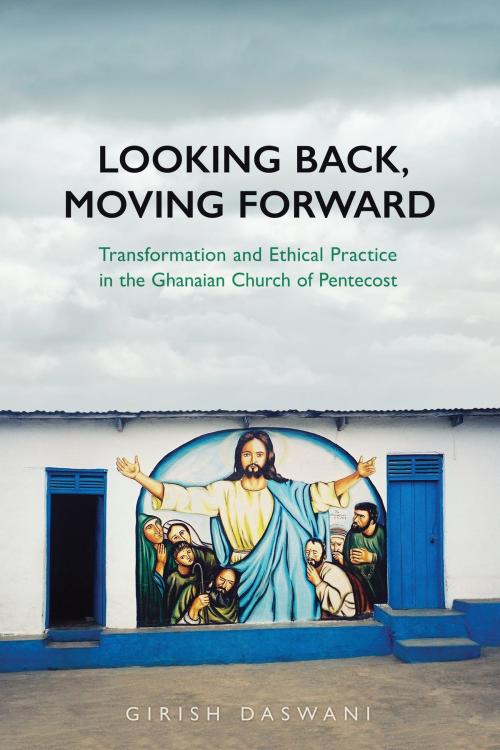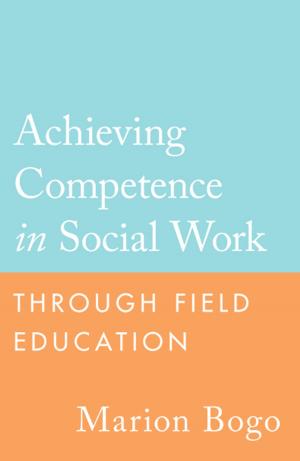Looking Back, Moving Forward
Transformation and Ethical Practice in the Ghanaian Church of Pentecost
Nonfiction, Religion & Spirituality, Christianity, Denominations, Pentecostalism, Social & Cultural Studies, Social Science, Sociology| Author: | Girish Daswani | ISBN: | 9781442619593 |
| Publisher: | University of Toronto Press, Scholarly Publishing Division | Publication: | February 26, 2015 |
| Imprint: | Language: | English |
| Author: | Girish Daswani |
| ISBN: | 9781442619593 |
| Publisher: | University of Toronto Press, Scholarly Publishing Division |
| Publication: | February 26, 2015 |
| Imprint: | |
| Language: | English |
How do Ghanaian Pentecostals resolve the contradictions of their own faith while remaining faithful to their religious identity? Bringing together the anthropology of Christianity and the anthropology of ethics, Girish Daswani’s Looking Back, Moving Forward investigates the compromises with the past that members of Ghana’s Church of Pentecost make in order to remain committed Christians.
Even as church members embrace the break with the past that comes from being “born-again,” many are less concerned with the boundaries of Christian practice than with interpersonal questions – the continuity of suffering after conversion, the causes of unhealthy relationships, the changes brought about by migration – and how to deal with them. By paying ethnographic attention to the embodied practices, interpersonal relationships, and moments of self-reflection in the lives of members of the Church of Pentecost in Ghana and amongst the Ghanaian diaspora in London, Looking Back, Moving Forward explores ethical practice as it emerges out of the questions that church members and other Ghanaian Pentecostals ask themselves.
How do Ghanaian Pentecostals resolve the contradictions of their own faith while remaining faithful to their religious identity? Bringing together the anthropology of Christianity and the anthropology of ethics, Girish Daswani’s Looking Back, Moving Forward investigates the compromises with the past that members of Ghana’s Church of Pentecost make in order to remain committed Christians.
Even as church members embrace the break with the past that comes from being “born-again,” many are less concerned with the boundaries of Christian practice than with interpersonal questions – the continuity of suffering after conversion, the causes of unhealthy relationships, the changes brought about by migration – and how to deal with them. By paying ethnographic attention to the embodied practices, interpersonal relationships, and moments of self-reflection in the lives of members of the Church of Pentecost in Ghana and amongst the Ghanaian diaspora in London, Looking Back, Moving Forward explores ethical practice as it emerges out of the questions that church members and other Ghanaian Pentecostals ask themselves.















